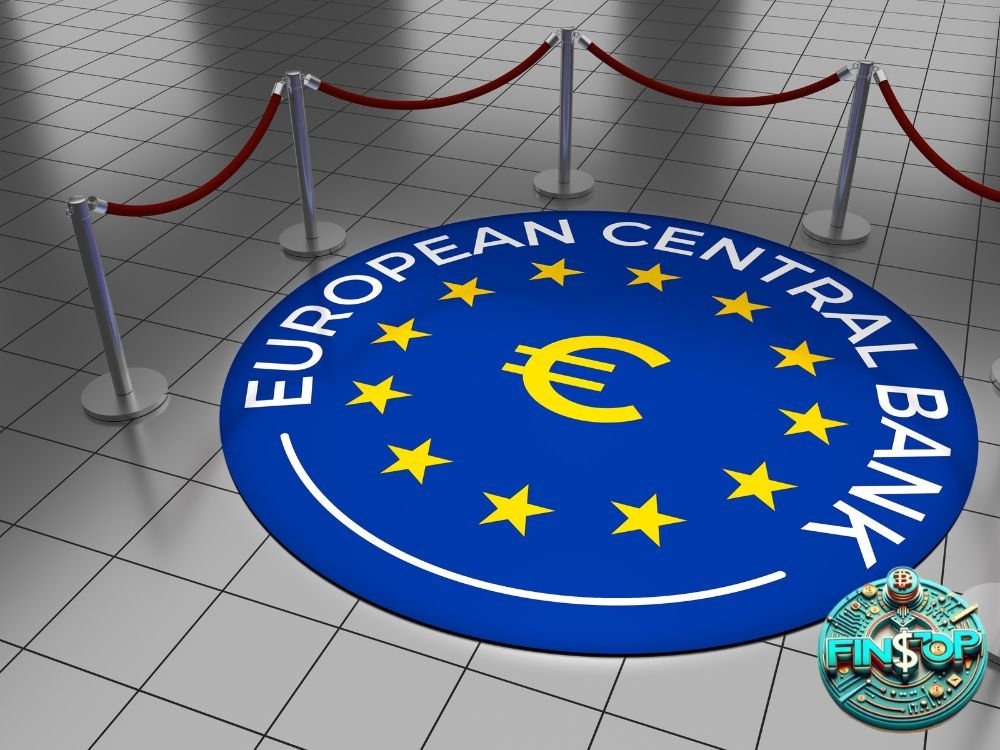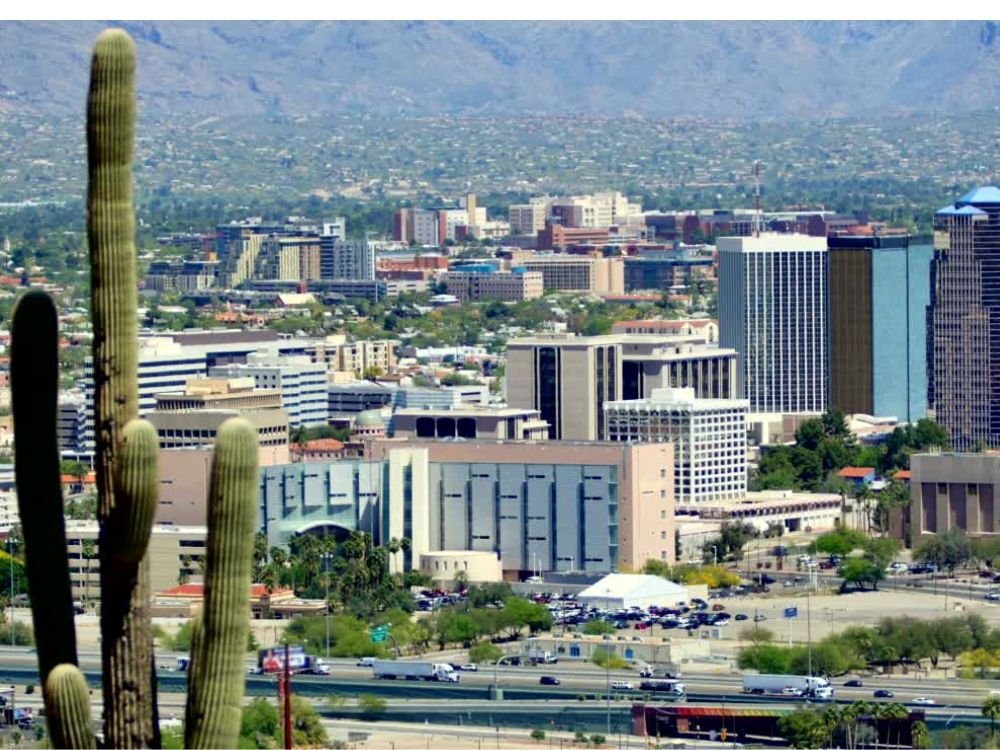Global Economic Policies: Master in Managing World Economy

Oversight of international monetary policy
Examining International Economic Policy
A country’s or an international organization’s “global economic policies” are its set of guidelines for managing the international monetary system. These policies aim to stabilise the economy, facilitate international trade, and increase growth for all nations. The origins and evolution of global economic policies are crucial to comprehending their impact on the global market and our day-to-day lives.
The Role of the Three Preeminent Financial Organisations
There are a number of influential bodies that determine international economic policy, including the World Bank, the IMF, and the WTO. Their role in providing funds, regulating international trade, and maintaining economic stability is crucial to global economic governance.
Formulas crucial to international trade
Global economic policies primarily fall into three categories: trade, monetary, and fiscal. All throughout the world, these policies are attempting to regulate commerce, the money supply, and governmental spending and receipts.
How economic policies are impacted by globalisation
The formulation and implementation of economic policies have been significantly impacted by globalisation. The economy has opportunities to expand, but it also faces challenges, such as rising inequality and the possibility of economic downturns. Research into specific instances of globalisation reveals the multifaceted nature of this phenomenon’s influence on national and international economies.
How national and global policy function together?
The interplay between national sovereignty and global governance is dynamic when formulating economic policy. This section discusses the significance of global economic policy, the ways in which countries balance their own economic requirements with those of other countries, and the ways in which these exchanges take place.
Economic Policy Instruments and Tools
In this section of the article, the methods and resources employed by global economic strategists are discussed in further depth. These factors encompass interest rates, quotas, tariffs, and exchange rates, among others. Knowing how these technologies function can provide light on how nations manage their business relationships and safeguard their economic interests.
Global economic crises and potential solutions
The article examines major global economic crises, such as the 2008 financial crisis and the economic impacts of the COVID-19 pandemic, focusing on the responses and policy measures implemented to address these challenges.
Changing patterns in international financial regulation
Global economic policies are evolving in response to new technology and trends, such as digital currencies, blockchain, and the incorporation of ESG elements into economic decision-making. Potentially far-reaching consequences for international trade, investment, and economic policymaking may result from these developments.

The effects of trade agreements on the economy
Trade agreements such as the Trans-Pacific Partnership, the Single Market of the European Union, NAFTA, and USMCA have a significant impact on trade policies globally. We examine their effects on the economy and their potential benefits or drawbacks to international trade in this section.
Combating global inequality through economic policies
Whether economic disparity is reduced or increased is heavily influenced by global economic policies. Methods and strategies for promoting equitable development and decreasing inequality are discussed in this section.
Economic Strategy and Future Progress
The role of green finance and the Sustainable Development Goals (SDGs) in global economic strategy is growing. This section discusses the ways in which environmental protection and responsible economic development are influencing policy changes.
Global Economic Policy and the Future of Employment
Global economic policy face new challenges and opportunities brought about by the rise of the gig economy, artificial intelligence, and robotics. Concerning labour policies and the nature of employment in the future, this is particularly the case.
Economic policy issues in developing countries
Developing nations encounter unique challenges in the global economy, including reducing their debt and enhancing their infrastructure. In this section, we will discuss the opportunities and challenges that developing nations confront in their economic policies.
Global Economic Policy Coordination
International economic policy actors, such as the G20 and G7, need to be able to collaborate effectively if we are to solve the world’s economic challenges. The benefits and drawbacks of global economic policy coordination are discussed in this section.
The Role of Non-State Entities in International Trade
There are two major players in the international economy: non-governmental organisations (NGOs) and multinational corporations. The fact that they are involved in both the formulation and implementation of global economic policy demonstrates the complexity of such a task.
Successful Global Economic Policies: A Review of the Literature
Readers can gain a better understanding of what works and how it works by examining instances of successful global economic strategies, such as the ones implemented by the Asian Tigers and Estonia’s digital economy.

Possible future directions for global economy
The article concludes with a brief summary of the key topics and some speculation on the future of global economic policies. As the world economy faces ever-shifting challenges and opportunities, our ability to adapt, collaborate, and generate new ideas is crucial for progress.
This Article is sponsored by Living Animal








